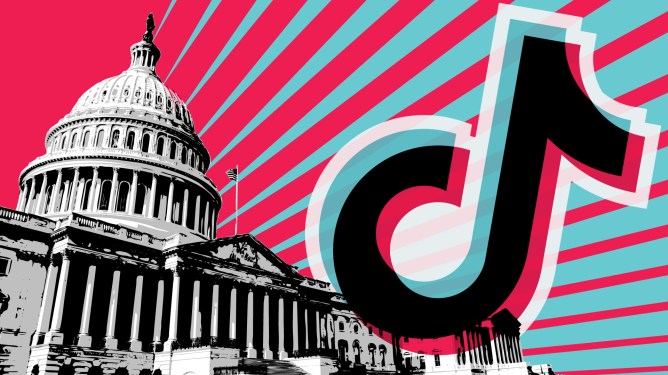Posted:9:41 AM PDT · October 12, 2024
Court Documents Reveal TikTok’s Research on Negative Effects on Teens
According to recent reporting by NPR and Kentucky Public Radio, court documents have revealed that TikTok executives are aware of the app’s potential harm to teenagers. The revelation comes as fourteen U.S. attorneys general sued TikTok earlier this week, claiming that the app harms children’s mental health.
The Research
A report by Kentucky’s lawsuit highlights the findings of TikTok’s own research on the app’s impact on teenagers. The research indicates that "compulsive usage correlates with a slew of negative mental health effects like loss of analytical skills, memory formation, contextual thinking, conversational depth, empathy, and increased anxiety." This finding suggests that excessive use of TikTok can have serious consequences for teenagers’ mental well-being.
Internal Communication
The lawsuit also includes internal communication between TikTok executives regarding a feature that allows parents to limit their children’s usage. The feature is intended to reduce the amount of time spent on the app, but its success is measured by the company in a surprising way: "improving public trust in the TikTok platform via media coverage." This approach raises questions about whether TikTok is more concerned with maintaining a positive image than addressing the real issues surrounding teen usage.
TikTok’s Response
In response to NPR’s reporting, a TikTok spokesperson called it "highly irresponsible" and claimed that the publication "cherry-picks misleading quotes and takes outdated documents out of context to misrepresent our commitment to community safety." However, this statement fails to address the substance of the allegations made in the lawsuit.
The Implications
The revelation about TikTok’s research on the negative effects of its app highlights the need for greater transparency and accountability in the tech industry. As more and more people spend time online, concerns about mental health and well-being are becoming increasingly relevant. The government’s decision to sue TikTok is a step towards addressing these issues, but it remains to be seen whether the company will take concrete steps to address its impact on teenagers.
Background
TikTok has faced criticism in recent years over its effects on young users, including concerns about mental health and addiction. The app’s algorithm is designed to keep users engaged for as long as possible, often using tactics such as endless scrolling and infinite feeds. While these features may be entertaining, they can also have serious consequences for teenagers who are vulnerable to the negative effects of excessive screen time.
The Debate
The issue of TikTok’s impact on teens is complex and multifaceted. Some argue that the app provides a valuable platform for self-expression and creativity, while others see it as a tool for social comparison and anxiety. As the debate continues, it remains to be seen whether TikTok will take steps to address its effects on teenagers.
The Future
As concerns about TikTok’s impact on teens continue to grow, it is essential that the company takes concrete steps to address these issues. This may involve implementing features that promote healthy usage habits or investing in research to better understand the app’s effects on young users. The government’s decision to sue TikTok is a step towards holding the company accountable for its actions.
TikTok’s Competitors
As concerns about TikTok’s impact on teens continue to grow, other social media platforms are being touted as safer alternatives. Apps such as Instagram and Snapchat have also faced criticism over their effects on young users, but they may be seen as more appealing options by some parents and teenagers.
Conclusion
The revelation that TikTok executives are aware of the app’s potential harm to teenagers is a concerning development. The company’s response has been inadequate, and it remains to be seen whether the government’s decision to sue will prompt meaningful changes within the company. As the debate continues, one thing is clear: social media companies have a responsibility to prioritize their users’ well-being.



